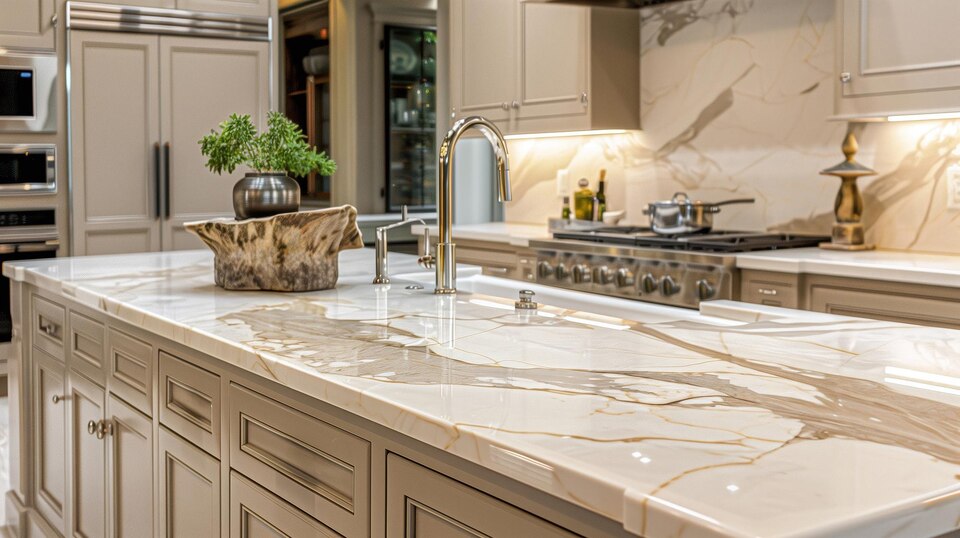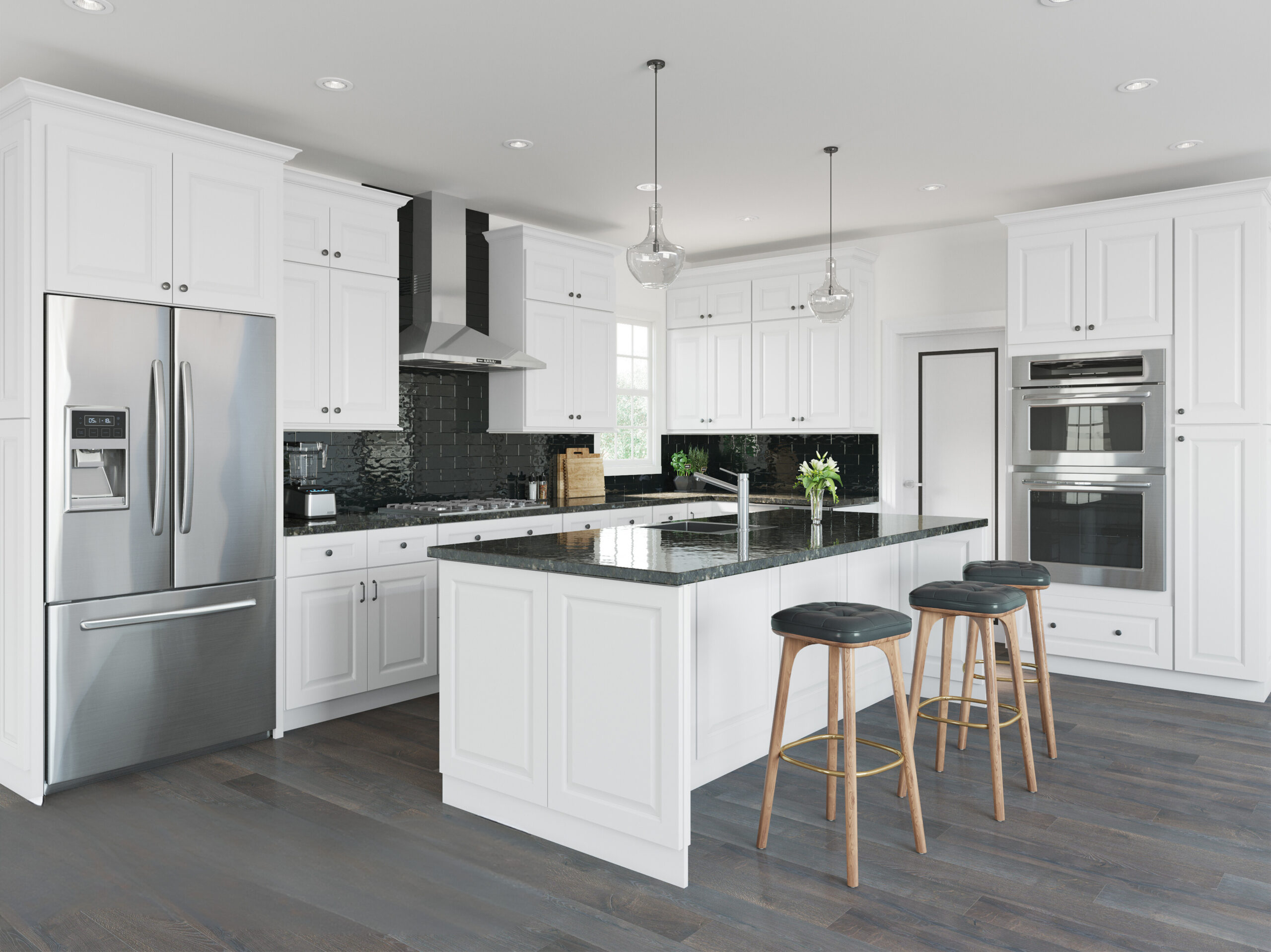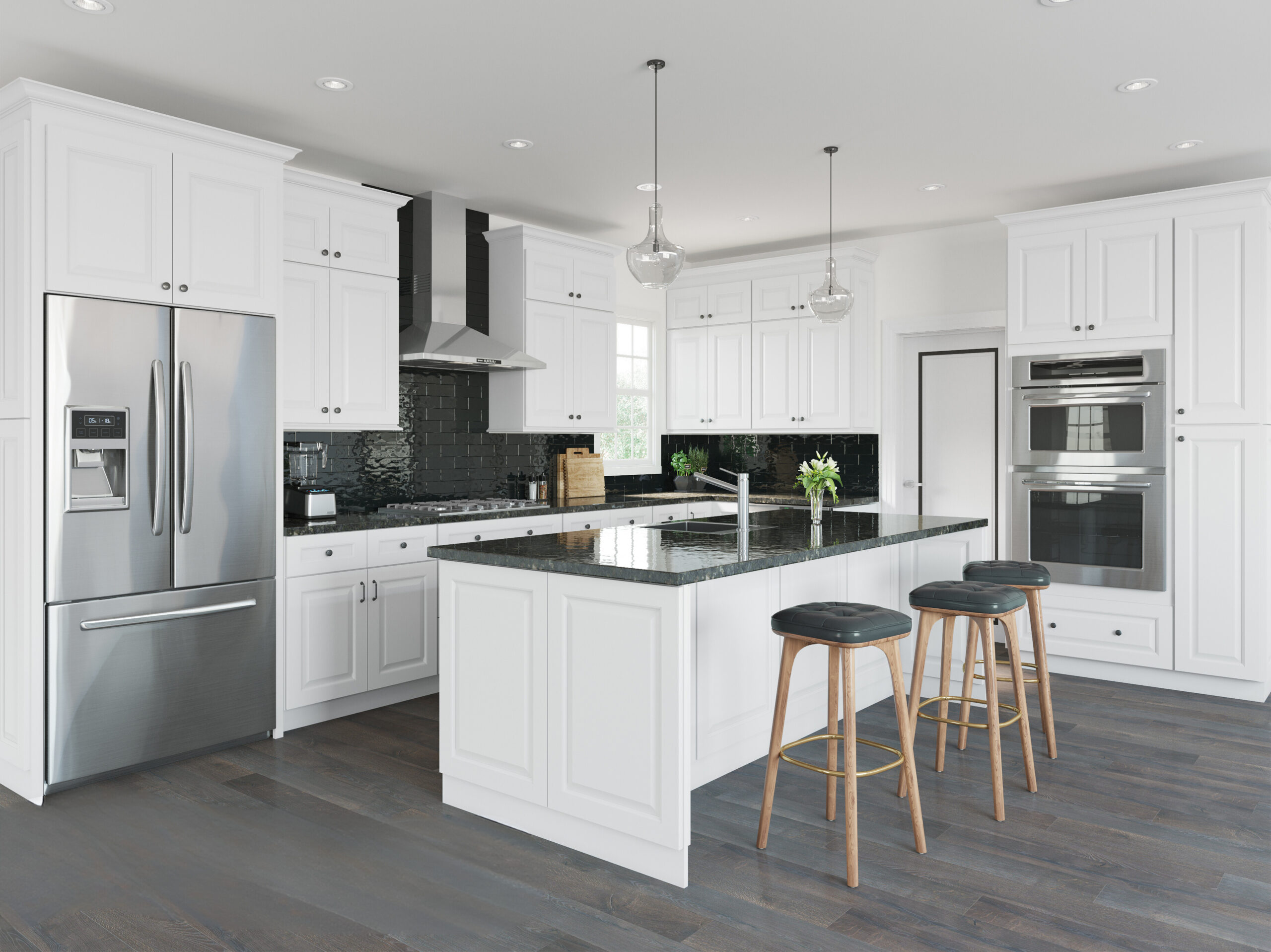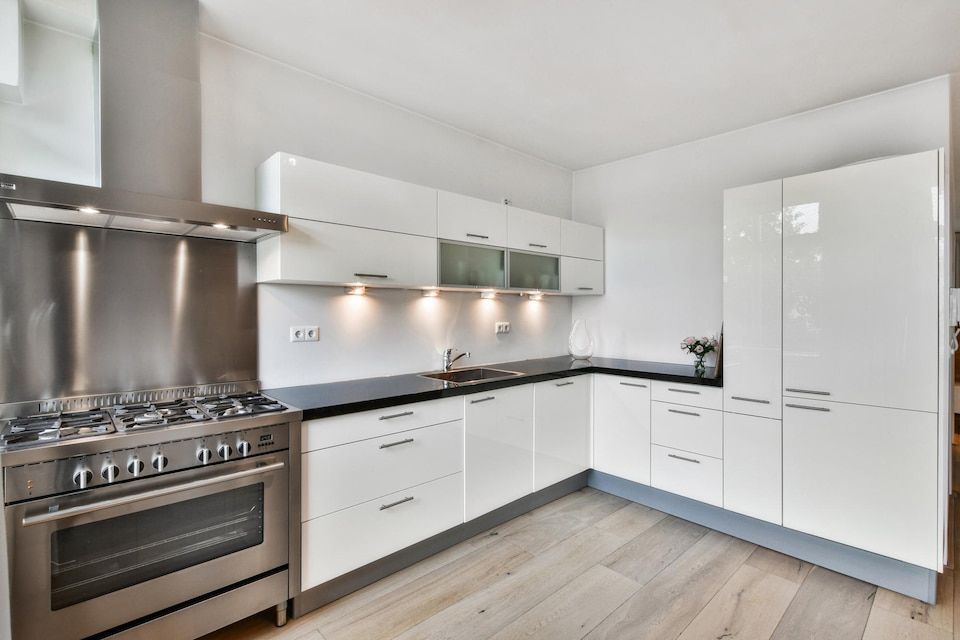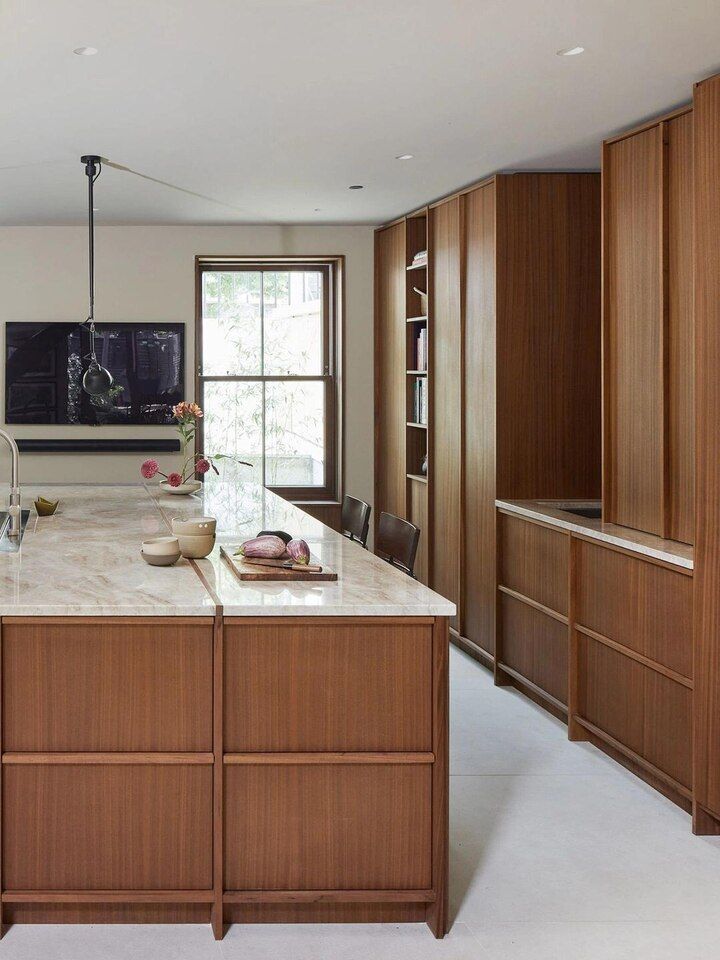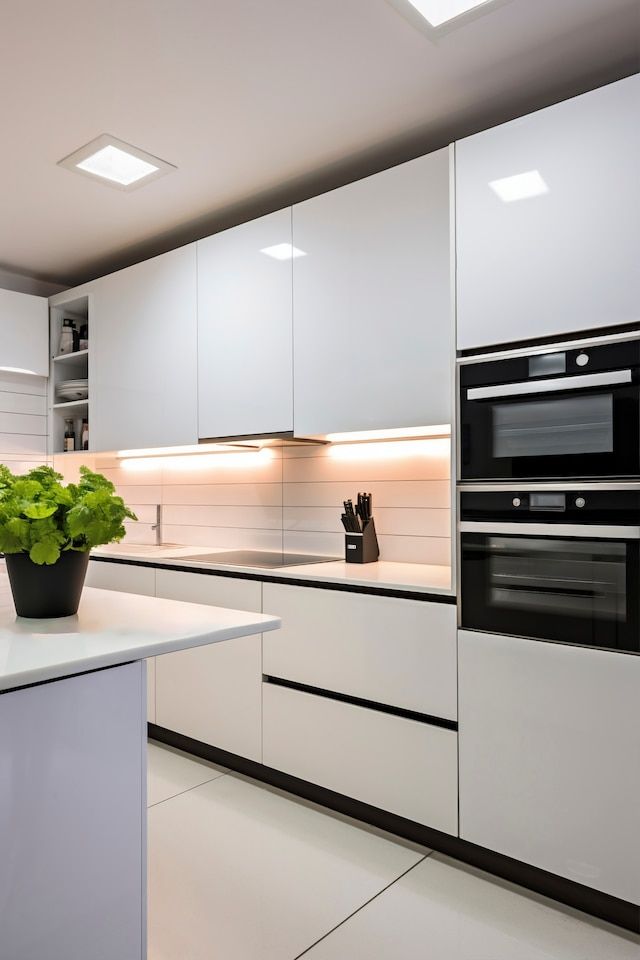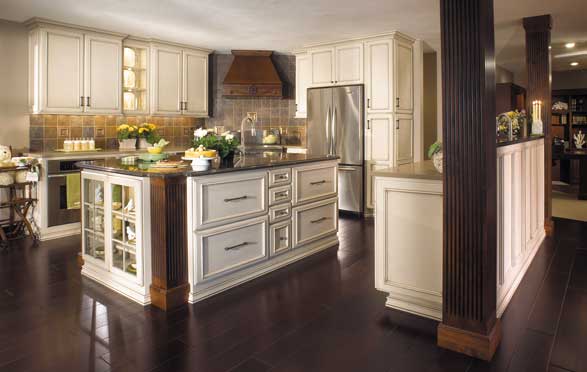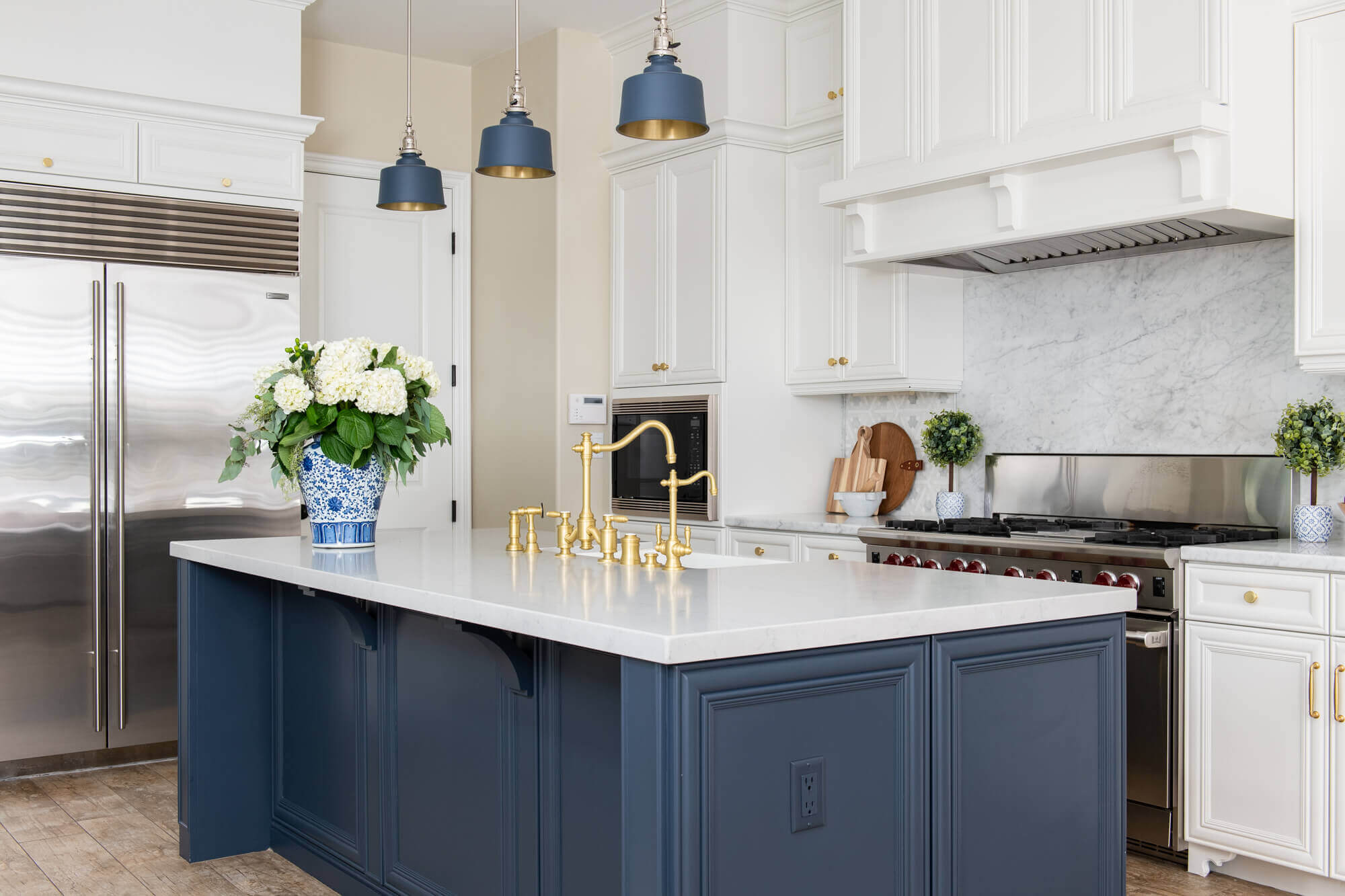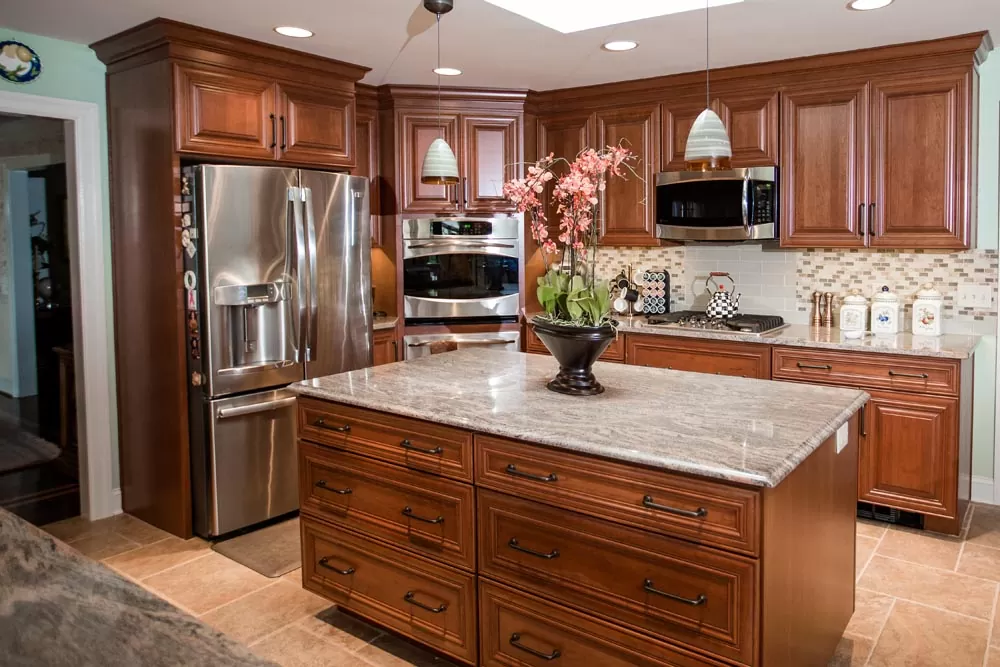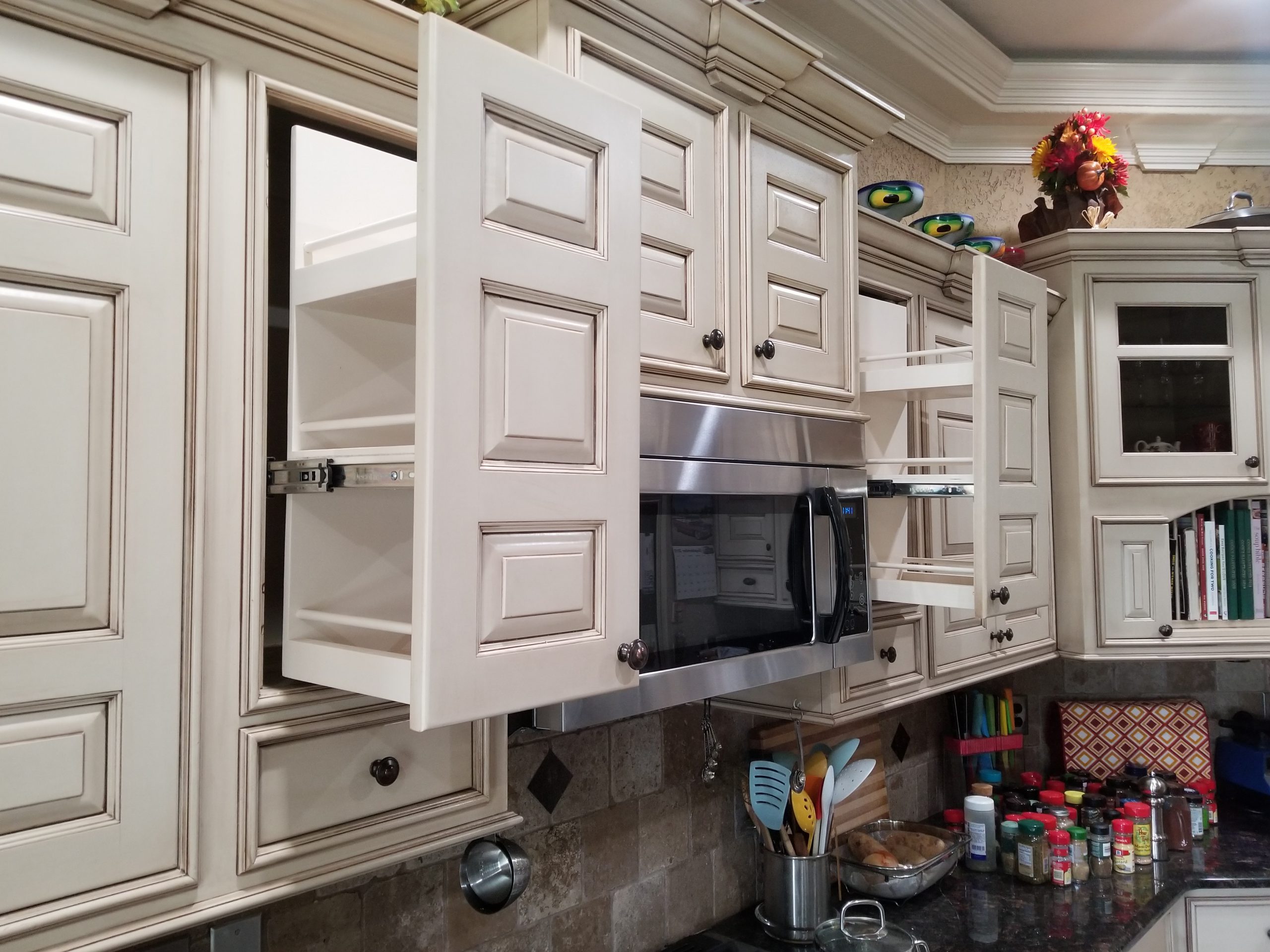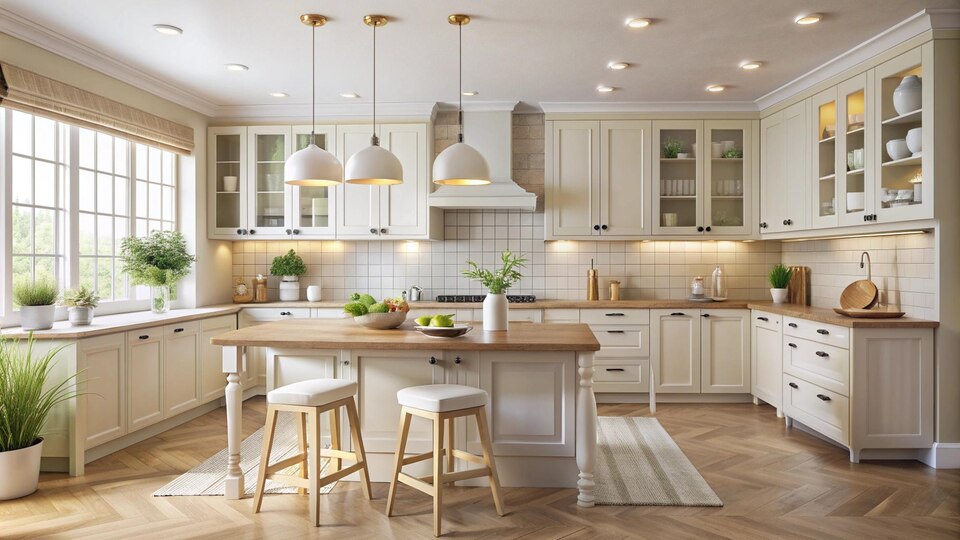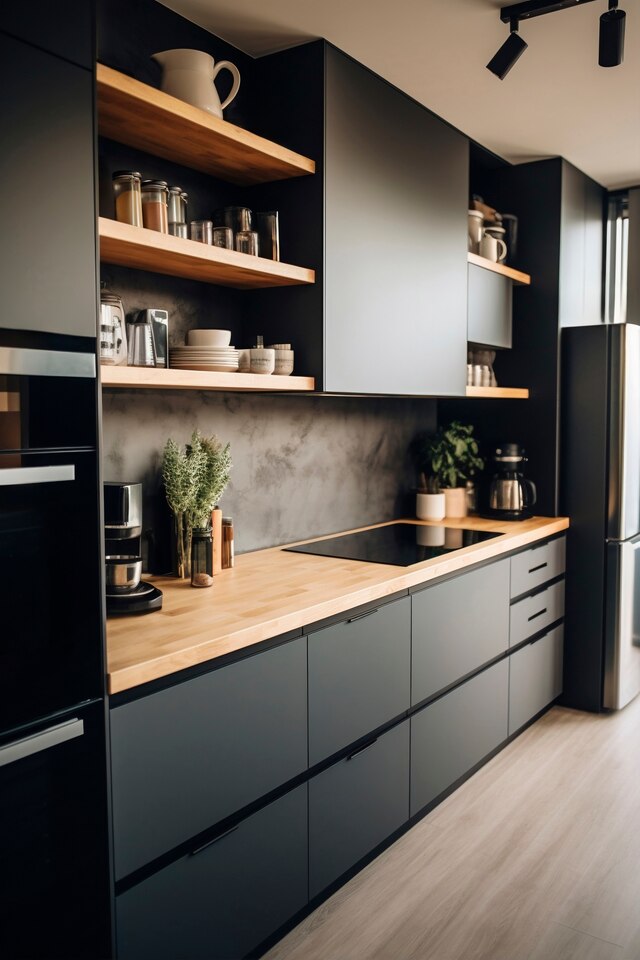Quartz Countertops Vs Granite Countertops – Which Is Better?
Choosing the right countertop material for your kitchen or bathroom remodel can be difficult. Quartz and granite have been popular choices for years, each with its own unique advantages and disadvantages.
When considering new countertops, it’s easy to get overwhelmed by the many options available. Quartz and granite often top the list for their durability and aesthetic appeal. However, understanding their key differences is essential in determining which material best suits your lifestyle, budget, and design preferences. This in-depth analysis will equip you with the knowledge to make an informed decision.
In this guide, we’ll explore the pros and cons of each material, comparing their appearance, durability, maintenance requirements, and cost. We’ll also address common concerns and misconceptions about both quartz and granite. By the end, you’ll have a clear understanding of which countertop material reigns supreme for your specific needs.
Appearance and Aesthetics: The Beauty Factor
Quartz: Engineered for Variety
Quartz countertops are engineered stone products made from a combination of natural quartz crystals (about 90-94%) and resins, polymers, and pigments. This manufacturing process allows for a wide range of colors and patterns, including those that mimic the look of natural stone like marble or granite. You can find quartz countertops in various colors, from stark white to dramatic black, and with a variety of patterns, including veining, speckles, and even metallic flecks. This versatility makes quartz a great option for homeowners seeking a specific aesthetic.
- Pros: Offers design flexibility with a vast array of colors and patterns, allowing you to achieve a consistent look throughout your kitchen.
- Cons: May lack the natural variations and unique character found in natural stone like granite. Some may find the patterns in engineered quartz to appear less authentic.
Granite: Naturally Unique
Granite, on the other hand, is a 100% natural stone quarried from the earth. Each slab of granite is unique, with variations in color, veining, and pattern depending on the mineral composition of the specific quarry it came from. This inherent uniqueness gives granite countertops a natural beauty and a one-of-a-kind charm. Granite colors typically range from earthy tones like browns, blacks, and beiges to more vibrant hues like blues, greens, and reds.
- Pros: Offers a truly unique and natural appearance with inherent variations in color and pattern, adding character to your space.
- Cons: Achieving a uniform look across a large countertop area can be challenging due to natural variations in each slab.
At Direct Depot Kitchen Wholesalers, we offer complimentary kitchen design services if you choose to work with us. Schedule an appointment today.
Durability and Maintenance: Standing the Test of Time
Quartz: Low-Maintenance Marvel
Quartz countertops are known for their exceptional durability and low maintenance requirements. The resin binders used in the manufacturing process create a non-porous surface that is resistant to stains, scratches, and chips. This non-porous nature also means that quartz countertops never need to be sealed, unlike granite. Daily cleaning with mild soap and water is usually all that’s needed to keep your quartz countertops looking their best.
- Pros: Non-porous surface resists stains, scratches, and bacteria, making it hygienic and easy to clean. No sealing is required.
- Cons: While heat resistant, quartz can be damaged by excessive heat, so using trivets or hot pads under hot pots and pans is recommended.
Granite: Natural Strength with Some Upkeep
Granite is also a highly durable material, known for its resistance to heat, scratches, and most stains. However, because it is a natural stone with some porosity, granite countertops require periodic sealing to prevent liquids from seeping in and causing stains. Sealing is a relatively simple process that typically needs to be done once a year. With proper care and maintenance, granite countertops can last for decades.
- Pros: Highly resistant to heat and scratches. Offers a classic and timeless appeal that can enhance the value of your home.
- Cons: Requires periodic sealing to maintain its stain resistance. Can be susceptible to cracking or chipping if subjected to heavy impact.
Cost and Installation: Investing in Your Surfaces
Quartz: Competitive and Consistent
The cost of quartz countertops can vary depending on the brand, color, pattern, and thickness. Generally, quartz countertops are competitively priced with granite, and sometimes even slightly more affordable. Installation costs for both materials are typically comparable.
- Pros: Offers a wide range of price points to suit different budgets. Consistent pricing due to the manufacturing process.
- Cons: Complex installations with intricate cuts or designs can increase the overall cost.
Granite: Variable and Valuable
The cost of granite countertops can vary significantly depending on the rarity and origin of the stone. Some exotic granite varieties can be quite expensive. However, there are also many affordable granite options available.
- Pros: This can increase the resale value of your home due to its perceived luxury and natural beauty. Offers a wide variety of price points depending on the type of granite.
- Cons: Pricing can be unpredictable due to the natural variations and availability of specific granite slabs.
Direct Depot Kitchen Wholesalers also offers countertops of premium natural stonework, marble, and quality butcher block. Contact us at (973) 564-1775 for more information.
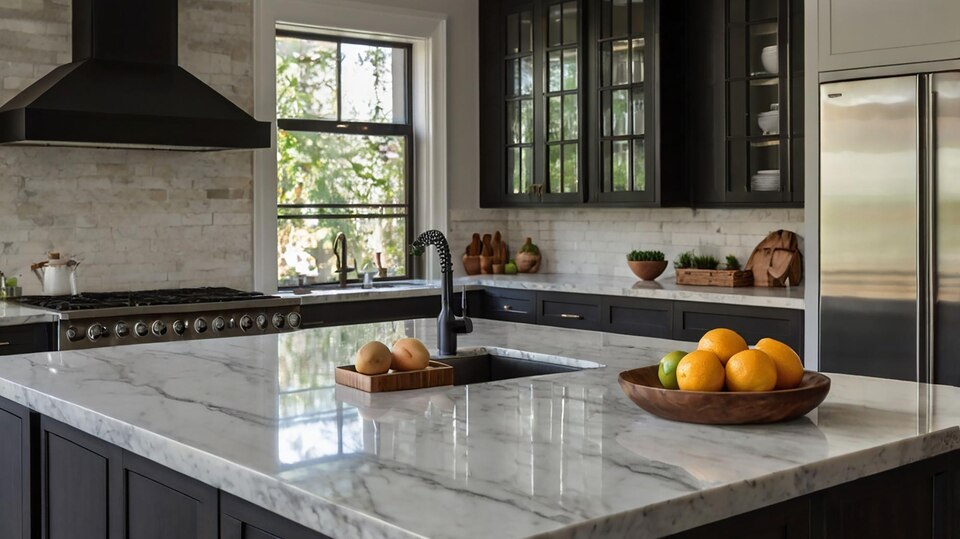
Environmental Considerations: Sustainable Choices
Quartz: Recycled Content and Local Sourcing
Some quartz countertop manufacturers utilize recycled materials in their production process, such as crushed glass or mirror fragments. Additionally, sourcing quartz countertops from local manufacturers can reduce the environmental impact associated with transportation.
- Pros: Potential for recycled content and reduced transportation impact when sourced locally.
- Cons: The manufacturing process for quartz countertops requires energy and can involve the use of chemicals.
Granite: Natural but Resource-Intensive
Granite is a natural material, but the quarrying and transportation of granite slabs can have a significant environmental impact.
- Pros: A natural and abundant material.
- Cons: Quarrying and transportation can contribute to environmental concerns.
Making the Right Choice: Factors to Consider
Choosing between quartz and granite countertops depends on your specific needs and priorities. Here are some key factors to consider:
- Lifestyle: Do you have a busy household with kids and pets? Quartz’s low-maintenance nature might be a better fit.
- Design Aesthetics: Do you prefer a uniform and consistent look or the natural variations of granite?
- Budget: Determine your budget range and explore options within that range for both quartz and granite.
- Maintenance: Consider how much time and effort you’re willing to invest in maintaining your countertops.
- Environmental Impact: Factor in the environmental impact of both materials and explore options for sustainable sourcing.
Quartz Countertops Vs Granite Countertops – Which Is Better?
Both quartz and granite countertops offer exceptional beauty, durability, and value. Ultimately, the “better” choice depends on your individual needs, preferences, and lifestyle. By carefully considering the factors discussed– quartz countertops vs. granite countertops – you can make an informed decision that will enhance your kitchen or bathroom for years to come. Let Direct Depot Kitchen Wholesalers help you with your next kitchen project. Come see our showroom at 24 Newark Pompton Turnpike (Rt. 23) Little Falls, New Jersey 07424.

